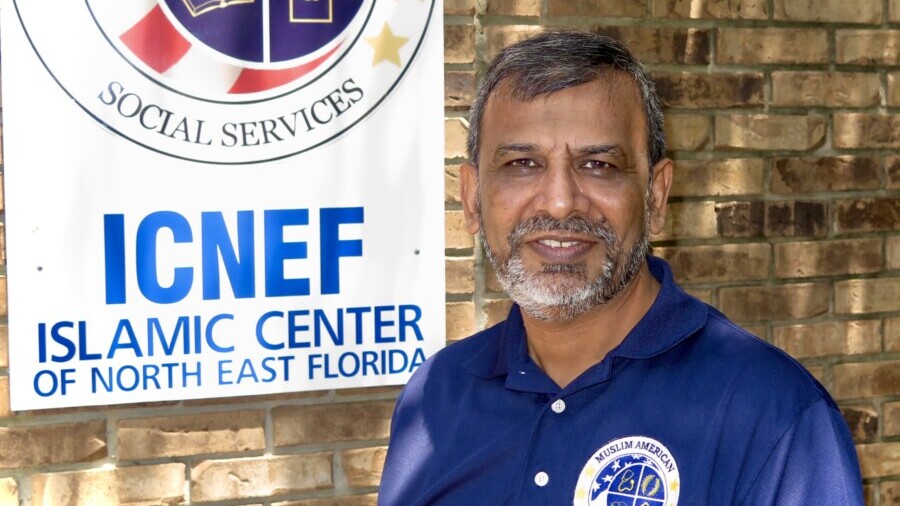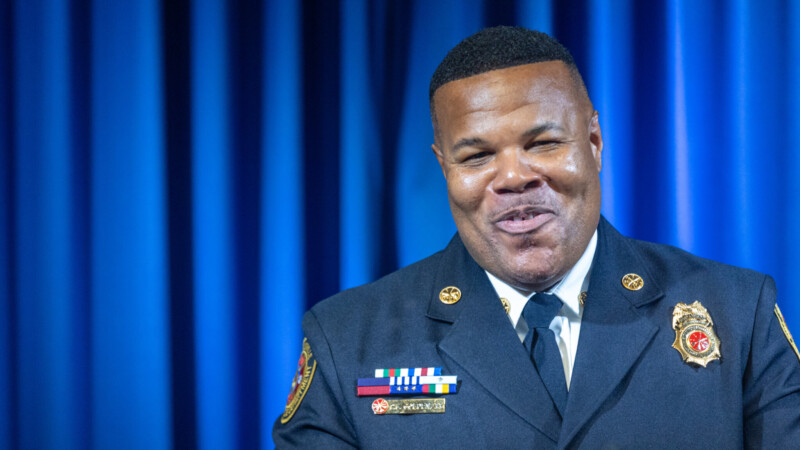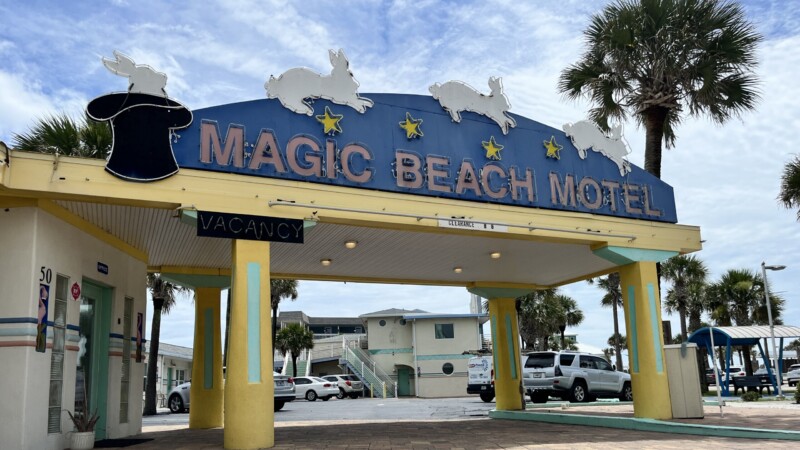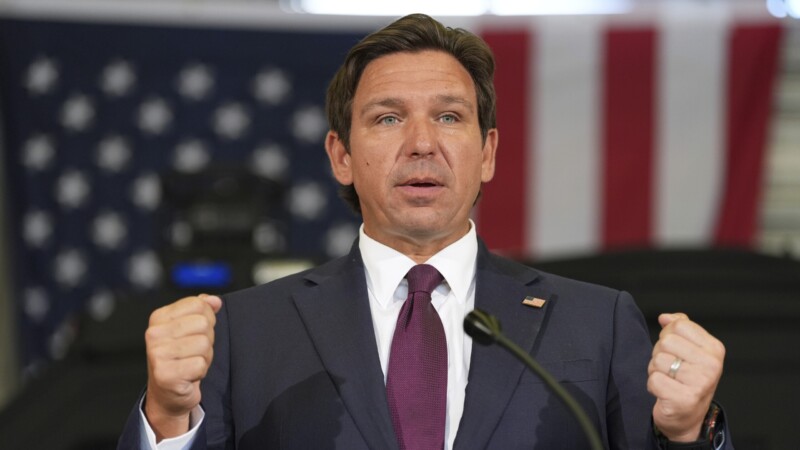When Tina Barker left a Jacksonville emergency room eight years ago diagnosed with Behcet’s disease, a rare disorder that gave her painful ulcers, joint pain and bladder problems, she was thrilled; she finally had a diagnosis after years of ER visits. But she did not have a consistent medical provider.
The 55-year-old restaurant hostess was one of 118,000 uninsured Duval County residents, according to the U.S. Census. She made too much to get Medicaid but too little to afford private health insurance. With every flare-up, she ended up in the emergency room, but there was no follow-up care.
Until her boss told her about Muslim American Social Services Clinic (MASS Clinic), which provides free healthcare to uninsured Northeast Florida adults of all faiths.
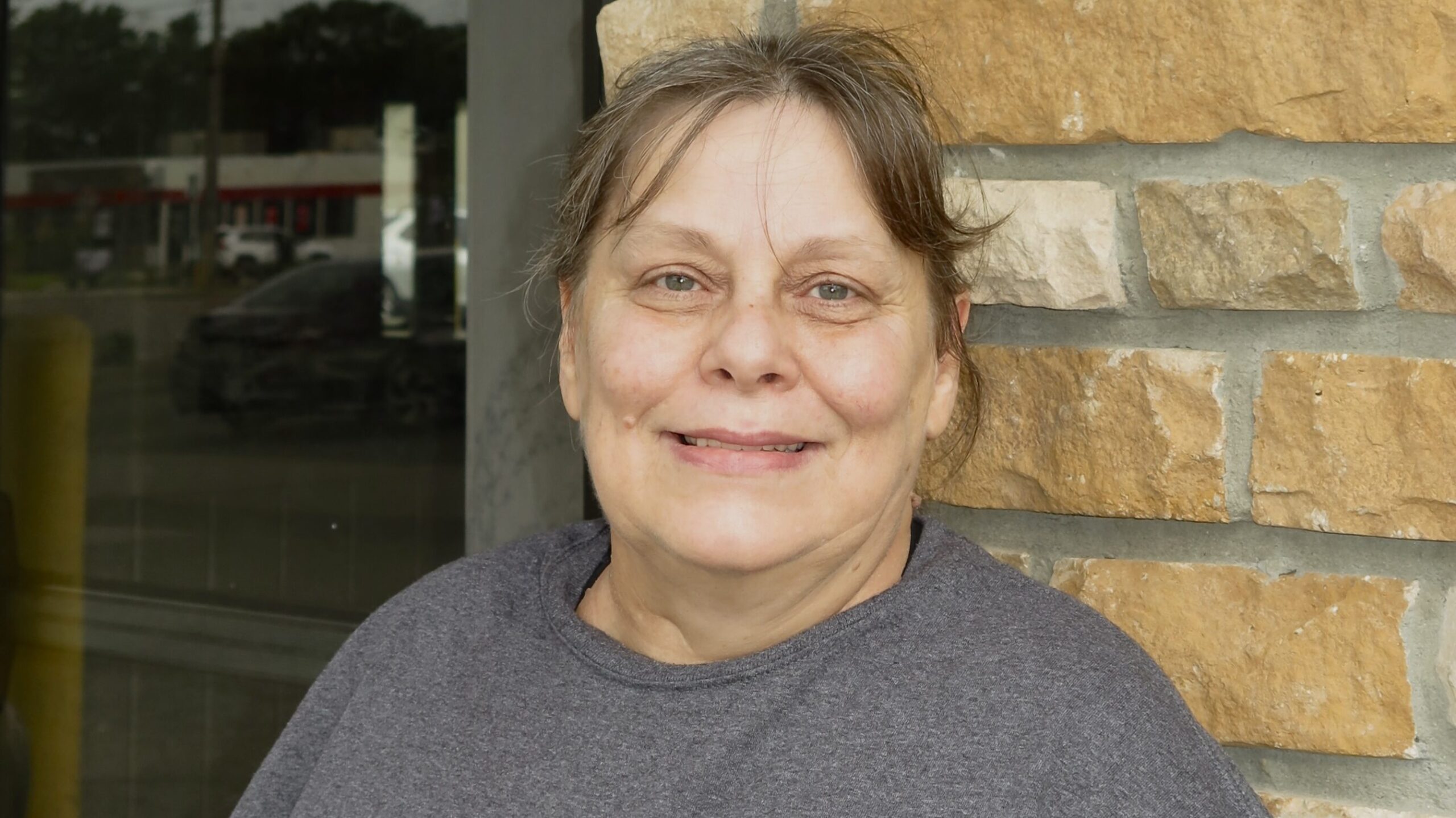
“They’ve just been a godsend,” Barker says. Two years ago, her life changed when the MASS Clinic became her medical home. “I used to have 8-10 (ulcers) in my mouth at any given point in time. My joints would hurt so bad just getting up and going to the bathroom was an absolute chore.”
Barker’s symptoms are now under control. She receives Otezla — a $3,000-a-month medication — for free through MASS Clinic’s prescription assistance program, and rarely calls in sick to work. “It takes special people to do what they do. They don’t discriminate. They don’t judge…I cannot praise them enough,” she says.
The clinic launched in 2010 in a modest trailer with two exam rooms at the Islamic Center of Northeast Florida’s campus on St. Johns Bluff Road. After a fundraising campaign, it relocated to a nearby building in 2014, expanding to five exam rooms and an array of social services.
It provides care to adults living at or below the 200% poverty level, which is $29,160 for an individual and $60,000 for a family of four in Jacksonville.
A personal mission
“God said, ‘If you have, give back to the people who are in need,’ and that’s what we at MASS are doing,” says Faisal Sayed, the clinic’s founder and CEO.
Sayed knows poverty. Growing up in the slums of Mumbai (then called Bombay), he was the first in his family to graduate from high school. He never forgot a stranger’s kindness.
“I had one rupee in my pocket — the equivalent of 2 cents. I was so hungry I could not even take one step,” he says. On a walk home from college, he asked a waiter how much a plate of rice and curry costs. “He saw the need in my eyes, and he said, ‘You know what, this comes free.’”
He immigrated to the U.S. 25 years ago for a job as a software engineer and eventually asked, “What can our community give back to the country that has given so much?” Recognizing the abundance of physician talent in the Jacksonville Muslim community, he conceived the idea for the clinic.
Even as the Islamic Center of Northeast Florida was reeling in the aftermath of a bombing in 2010, MASS Clinic opened its doors six months later as an initiative of the center.
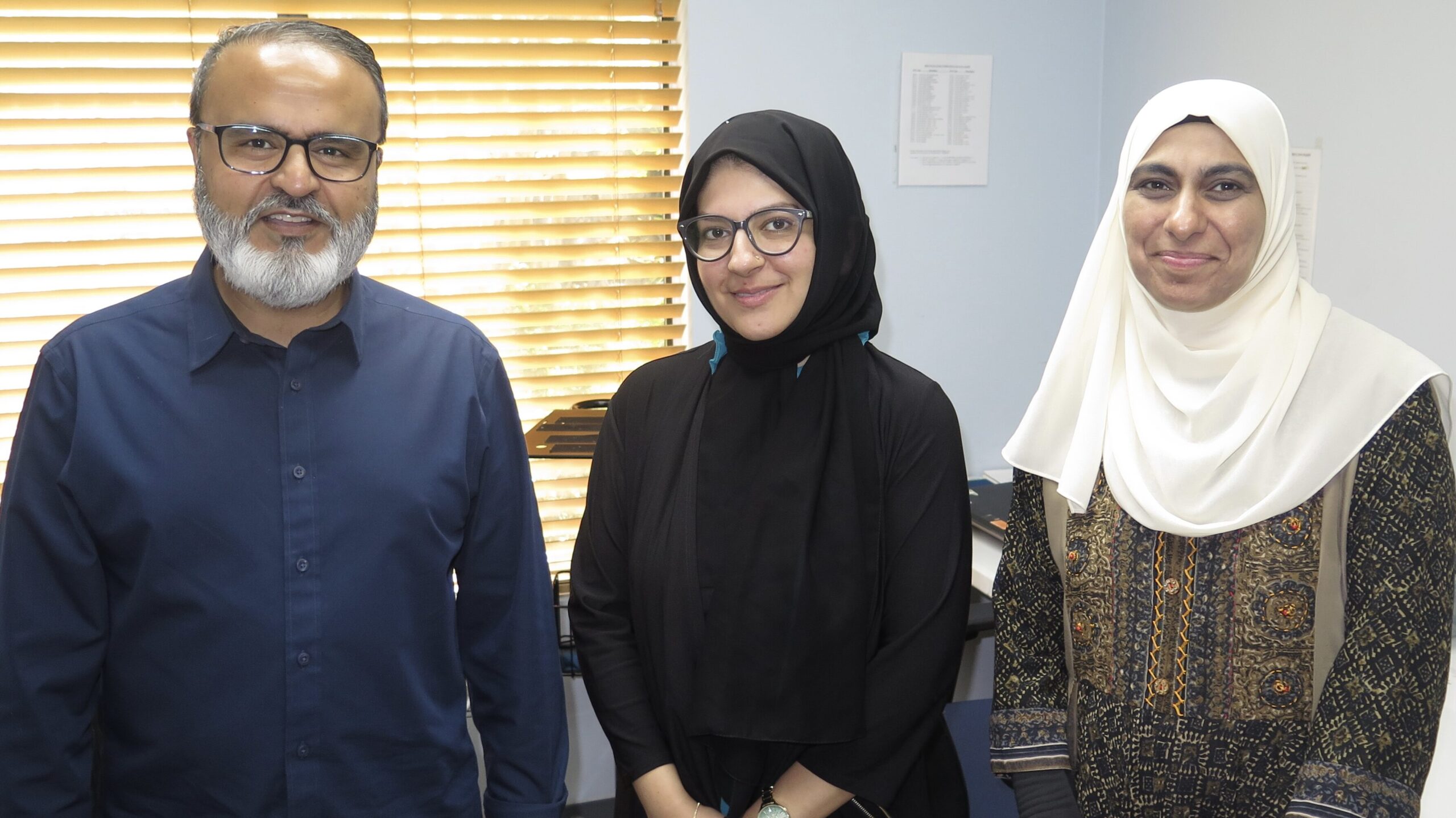
“You get these little moments with patients where you get to dismantle whatever prejudice they may have and fix the misconceptions they have. Make sure they know we’re here to help the community,” said Simin Modak, an administrative medical assistant.
Along with primary care, patients are seen in 15 sub-specialties. Services also include everything from mental health counseling to nutrition classes and Medicaid application assistance, rent assistance and a food pantry.
“We go above and beyond trying to help. We do as much as we can with the very little that we have at times,” says Karol Patel, a nurse practitioner.
The clinic operates with the help of more than 50 medical providers and administrative workers, who all volunteer their time.
A community effort
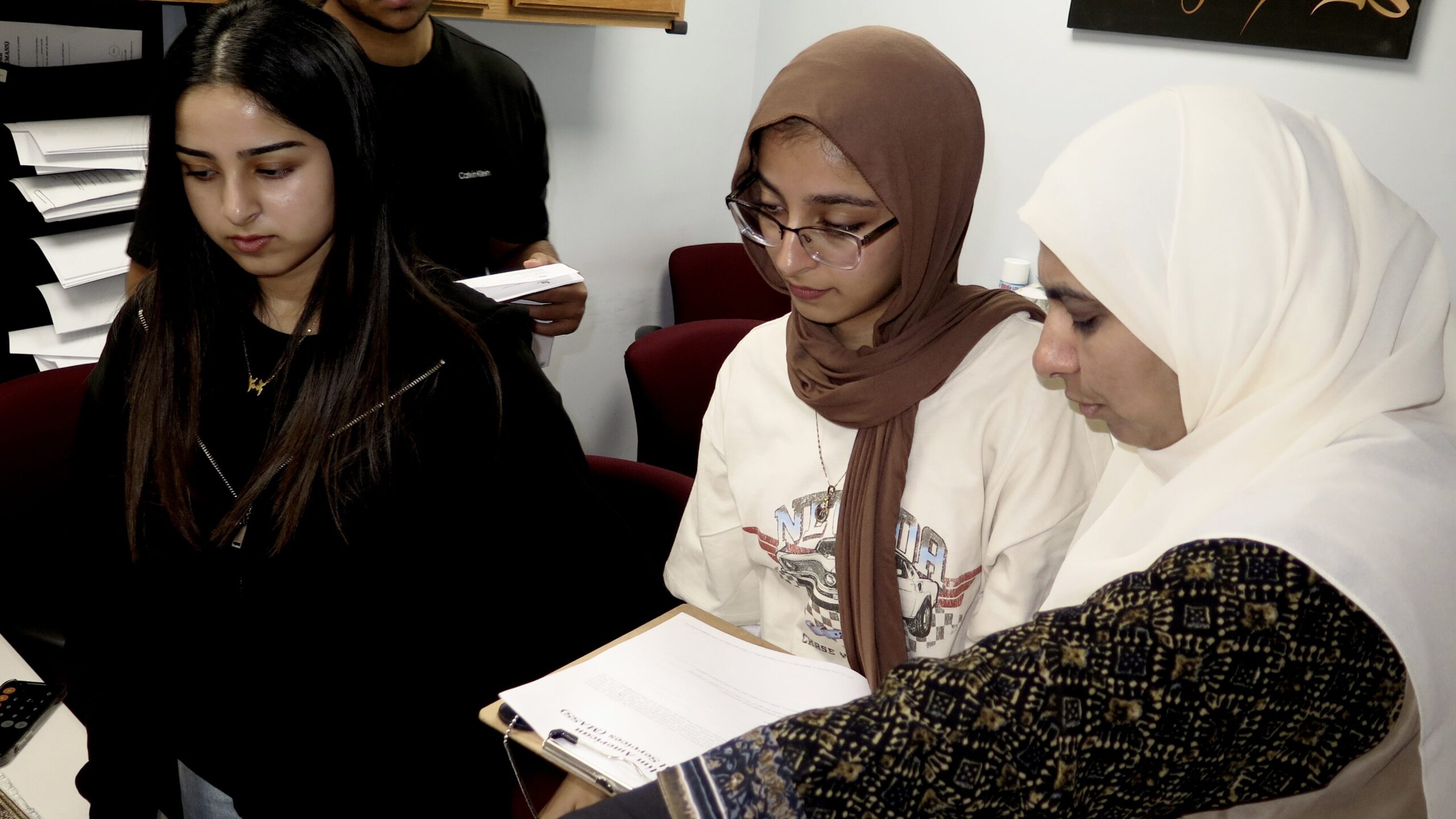
By treating chronic diseases before they escalate into emergencies, the clinic estimates that it saved $4 million in emergency room costs, according to its latest annual report.
And if Duval County patients need more specialized medical care or surgery, MASS Clinic collaborates with the nonprofit WeCareJax, which matches patients with a coalition of volunteer providers and hospitals.
“Not even LA, not even New York — you name a big city — no one can offer what Jacksonville can offer, and that is collaboration,” Sayed says.
Thanks to that collaboration, MASS Clinic patient Tina Barker was referred to Baptist Medical Center Jacksonville and received a neck surgery and surgeries for two brain aneurysms, performed by WeCareJax volunteer surgeons.
Follow-up care
JaxCareConnect, which helps uninsured Duval County adults find primary care, has made nearly a quarter of its referrals to MASS Clinic since 2021.
“Aside from being kind and loving and just really great people, they’re highly organized…and really embrace technology,” says Jenny O’Donnell, JaxCareConnect’s administrator.
Volunteer podiatrist Dr. John Coleman treats mostly diabetics with foot problems at MASS Clinic, helping fill the follow-up care void between urgent care and hospitalization.
Coleman recalls a grateful patient whose toes were removed at an emergency room.
“By the time I saw him, the staples were in his foot three months later. They were buried in his skin. No one would see him and he had no insurance,” he says. Coleman removed the staples and provided two months of care until the foot healed. “I still get thank you cards and thank you emails to this day, probably six years later.”
Future needs
Approaching its 13th year, the clinic has had 31,000 patient visits to date and is experiencing an uptick in demand. That’s because continuous Medicaid coverage the federal government put in place during the pandemic — which suspended checks on who qualified — began “unwinding” on April 1. The Florida Department of Children and Families, which determines Medicaid eligibility, estimates 920,000 Floridians will lose coverage in the upcoming months because they will no longer qualify, and more will get dropped for not completing the renewal process.
MASS Clinic is supported by foundations, nonprofits and donations. Its next goal: Fund a mobile clinic for underserved rural communities.
“We have a good life. Now we want to give back what America gave to us,” Sayed says.
To apply for services or become a volunteer, visit the MASS Clinic or call (904) 419-8006.


